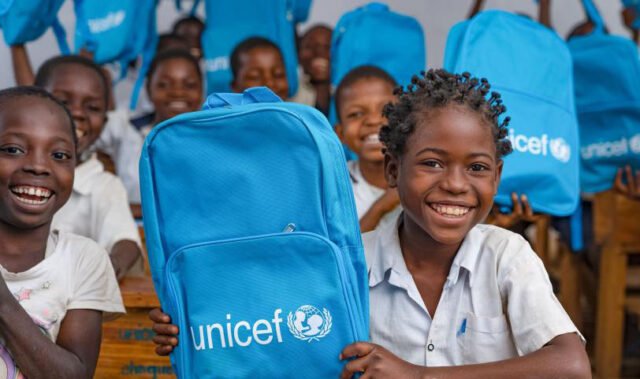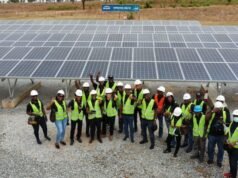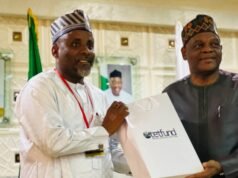In a powerful demonstration of innovation meeting necessity, UNICEF has announced the enrolment of 33,532 out-of-school children in Nigeria Learning Passport (NLP) — a digital learning platform — within Borno State over the past ten months.
This milestone was revealed during an annual quiz competition in Maiduguri, organised for learners benefiting from the NLP intervention. Tina Atiya Charles, Education Officer at UNICEF’s Maiduguri Field Office, confirmed that the figure includes children from traditional Tsangaya schools and other marginalised backgrounds.
The initiative comes against the backdrop of a region recovering from prolonged conflict and displacement, where educational disruption has left many children vulnerable to being left behind. By leveraging a digital platform, UNICEF and its partners are seeking to bridge gaps, not only in access but also in continuity of learning for children in the state.
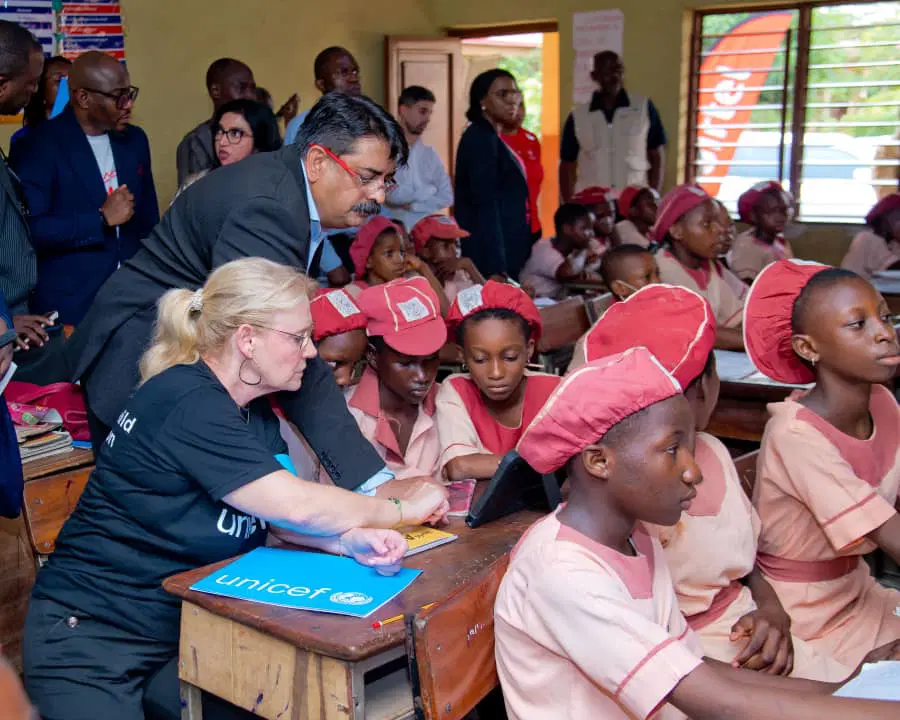
Table of Contents
What the UNICEF programme involves: Teachers trained, content aligned, devices delivered
At the heart of this effort is the Nigerian Learning Passport, a free digital learning platform accessible online or via mobile devices, designed to accommodate both formal and non-formal education needs. It offers over 17,000 teaching and learning materials aligned with the Nigerian national curriculum and global educational standards.
Key components of the Borno rollout include:
- 425 teachers and facilitators trained in blended‐learning methodologies — combining traditional teaching methods and digital delivery.
- Distribution of hardware and connectivity support, including 270 Samsung tablets, 30 routers, projectors, and offline learning devices in areas with limited connectivity.
- Community‐engagement meetings to promote parental involvement and support for learners.
These efforts reflect a comprehensive approach: content + delivery systems + human capacity + community buy-in. In environments where schools may be inaccessible or disrupted, the flexibility of digital learning is proving transformative.
Impact and inclusion: Reaching the excluded and building future skills
The 33,532 enrolled learners in Borno have each completed at least one course on the platform, according to Charles. This is significant in a state where many children have been out of formal education for months or even years. Of particular note is the inclusion of students from Tsangaya (Quranic) schools, traditionally underserved by formal education interventions.
UNICEF emphasises that this initiative forms part of its broader strategy to reduce the number of out-of-school children in the state and ensure equal access for the most marginalised.
By equipping children with digital learning experiences today, the programme also sets them up with foundational digital skills that will be critically important for future learning and employment. Charles urged learners to “take advantage of this opportunity by improving their digital skills, as these are essential for the future.”
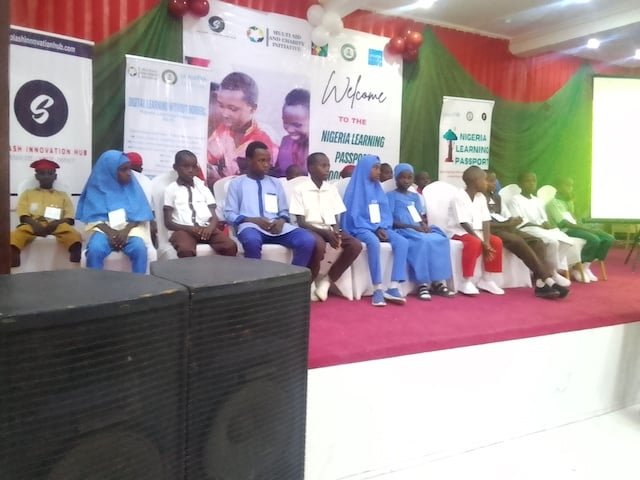
Partnerships, challenges and what lies ahead
None of this would be possible without multi-stakeholder collaboration. UNICEF extended gratitude to the Borno State Government and a range of partners, including Airtel, SILSA, SONY, and FCDO, for their support in device provision, connectivity and implementation. Civil society organisations such as Innovation Hub, Multi‑Aid and Charity Initiative (MACI) and Mercy Eleos Frontida Foundation (MEFF) were also acknowledged for their dedication to making the rollout happen.
However, the road ahead remains challenging. In Borno, infrastructure constraints remain significant — limited electricity, damaged school buildings, connectivity gaps, and ongoing security risks. Ensuring that enrolled learners continue beyond one course, complete programmes, and translate their learning into future opportunities will require sustained effort.
Furthermore, while digital enrolment is a leap forward, the need for face-to-face schooling, psychosocial support and a safe learning environment cannot be overlooked. The blended-learning model aims to mitigate some of these issues, but thorough monitoring, follow-up and adaptation to local realities are critical.
Looking forward, sustaining and scaling the gains means:
- Continuing to train more teachers and facilitators in digital/blended pedagogy;
- Expanding infrastructure to reach more remote or conflict-affected zones;
- Encouraging parent and community engagement to anchor learning at home;
- Monitoring and evaluating learner outcomes (completion rates, digital literacy improvement, transition into formal schooling).
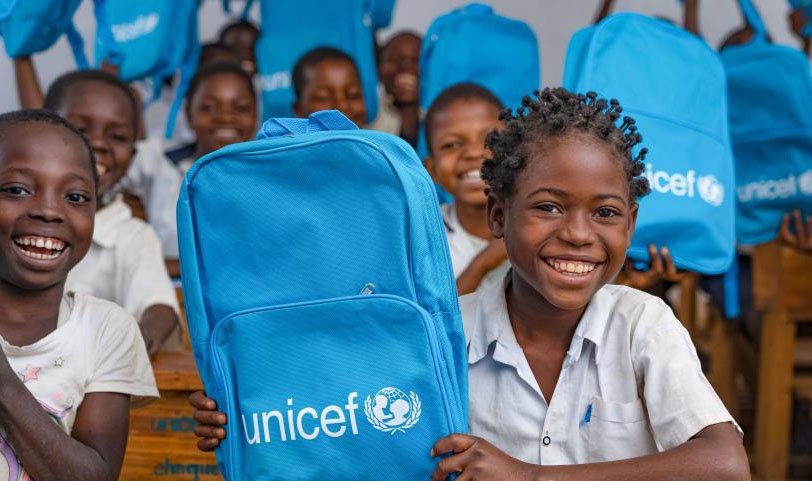
In a state that has weathered displacement, school destruction and severe disruption, the enrolment of over 33,000 children on a digital learning platform marks an important milestone. It sends a message of hope: that even in difficult circumstances, access to education can be realised through innovation and concerted partnerships.
For the children of Borno — now logging on, clicking through digital lessons, engaging with learning materials — this is more than a number. It is the beginning of a journey back into learning, back into hope and forward into a future that they help shape.
Join Our Social Media Channels:
WhatsApp: NaijaEyes
Facebook: NaijaEyes
Twitter: NaijaEyes
Instagram: NaijaEyes
TikTok: NaijaEyes
READ THE LATEST EDUCATION NEWS


